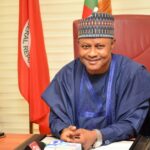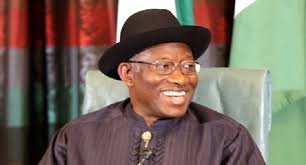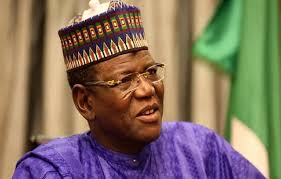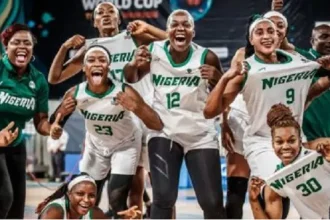Senator Shehu Sani has rejected claims equating President Bola Tinubu’s administration to Nigeria’s past military regimes, describing such comparisons as dishonest and historically inaccurate.
Speaking on Channels Television’s The Morning Brief on Wednesday, the former lawmaker and human rights activist dismissed critics who label the current democratic government as dictatorial, stressing that Nigeria’s military era was far more repressive.
“Those comparing Tinubu’s government to military rule are being economical with the truth. It was virtually impossible for us then to organise protests or conferences,” Sani said. “Some of us went to jail, into exile, and lost loved ones. When people comfortably sit in their living rooms and call this regime a dictatorship, we simply laugh. It’s not true.”
He acknowledged that while Nigeria’s democracy remains imperfect, it provides freedoms and civic space that were nonexistent under military rule. “You cannot say what we have today is worse than military rule. Democracy is not yet 100 per cent, but we are very far from where we came from, and we can do better from here,” he added.
Sani also addressed recent opposition movements against Tinubu, arguing that they are largely motivated by personal frustrations rather than genuine concern for the nation.
“When you have a group of disgruntled elements who are frustrated and come together, it’s not about the country or the people—it is simply about being excluded from the system,” he said.
He criticized opposition figures for attacking the government despite belonging to the same political class. “It’s not that they are now Marxists or trade unionists confronting a capitalist order—they’re all from the same bourgeois political class. Many of them have been in power since 1999.”
Commenting on opposition efforts to form alliances ahead of the 2027 elections, Sani dismissed expectations that President Tinubu should resolve internal conflicts within rival parties.
“It’s unfortunate that the opposition is looking to the president to solve their problems. If there’s a problem in the PDP, NNPP, SDP or any party, and you have members working against the party but refuse to expel or suspend them—then turn to blame the president—that is irresponsible,” he said.
He emphasized that Tinubu, as the leader of the ruling party, cannot be expected to fix opposition structures designed to challenge his government.
Reflecting on Nigeria’s Democracy Day, Sani praised Tinubu’s contributions to the June 12 struggle, describing them as “unequalled and unparalleled.” He urged the president to maintain a legacy of tolerance toward public dissent.
“Someone who supported, funded and participated in protests should have a government that is tolerant of protestation,” he said.
Sani also firmly denied claims that Tinubu collaborated with the late military dictator Sani Abacha, dismissing such assertions as baseless.







